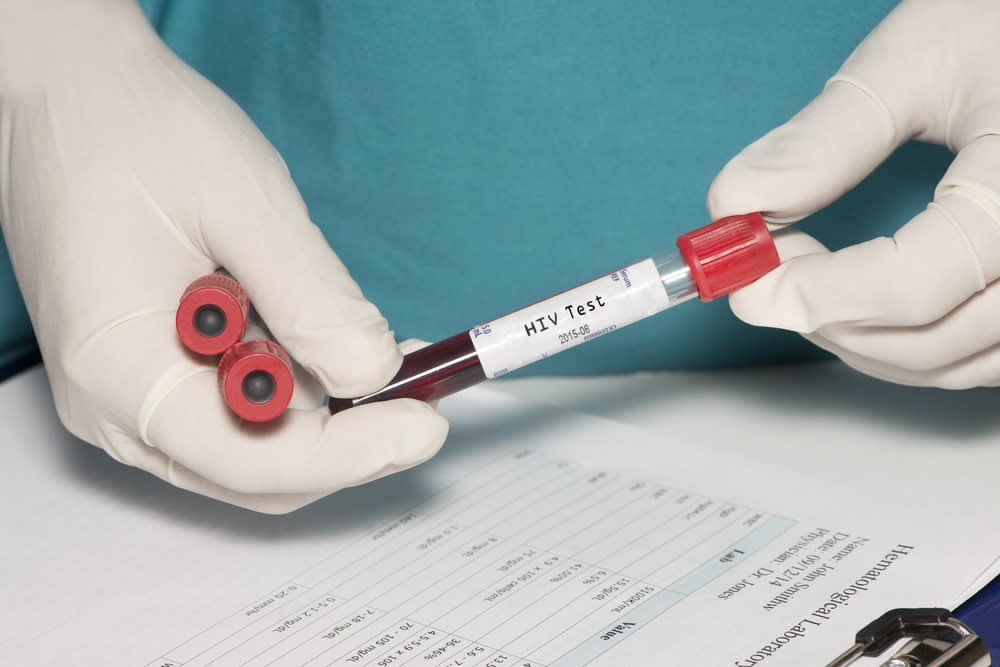
MANILA – The Department of Health (DOH) said on Tuesday that more people are now beginning to have better positive understanding about the importance of voluntary Human Immunodeficiency Virus (HIV) testing.
“Ikinatutuwa ng DOH na kumpara sa dati ay mas dumarami na ang nagpupunta sa mga centers para magpa-test (sa HIV). May mga lumalantad na rin para magbigay ng awareness sa publiko,” DOH spokesperson Dr. Lyndon Lee Suy said.
He noted that at present, a total of 25 HIV cases is recorded every day.
“Lately, in a day, ang nada-diagnose natin ay nasa 25 cases na,” Dr. Lee Suy said.
Based on the latest record of the DOH, from January to March 2016 alone, the total number of deaths due to HIV infection was listed at 145.
A total of 736 new cases were recorded last March.
Majority of the cases involved males having sex with males (MSM), totaling 306, while those of male-to-female totaled 75.
The majority of the cases were found at the National Capital Region (NCR), followed by Regions IV-A or Calabarzon, III, VII, and XI.
According to the DOH, the upward trend in the detection of new HIV cases was a result of their intensified campaign to encourage people to take advantage of the free testing so that they will know their status and at the same time reduce the stigma and prevent the spread of the disease.
Through the testing centers and social hygiene clinics, the DOH is making the people aware that there is hope and lives can be saved as the anti-retrovirals drug and awareness on how the persons living with HIV can protect also their loved ones and be not means to transmit them further.
“Libre ang pagpapa-test sa government facility. Importante lang sa kanila is to submit themselves to testing,” the DOH spokesperson said.
HIV antibody testing is a blood test that will tell whether a person is infected with HIV.
It takes three to six months for HIV antibody to be detected in the blood. This is called the “Window Period.”
A person may transmit HIV during this Window Period without him/her knowing it.
Ideally, a person should get tested six months after the last unprotected sex or any risky situation that might get a person infected with the virus.
There is no exact cure yet for HIV but it will really help a lot if a person is diagnosed early because proper steps can be undertaken to protect him or her from developing infections that will weaken the immune system.